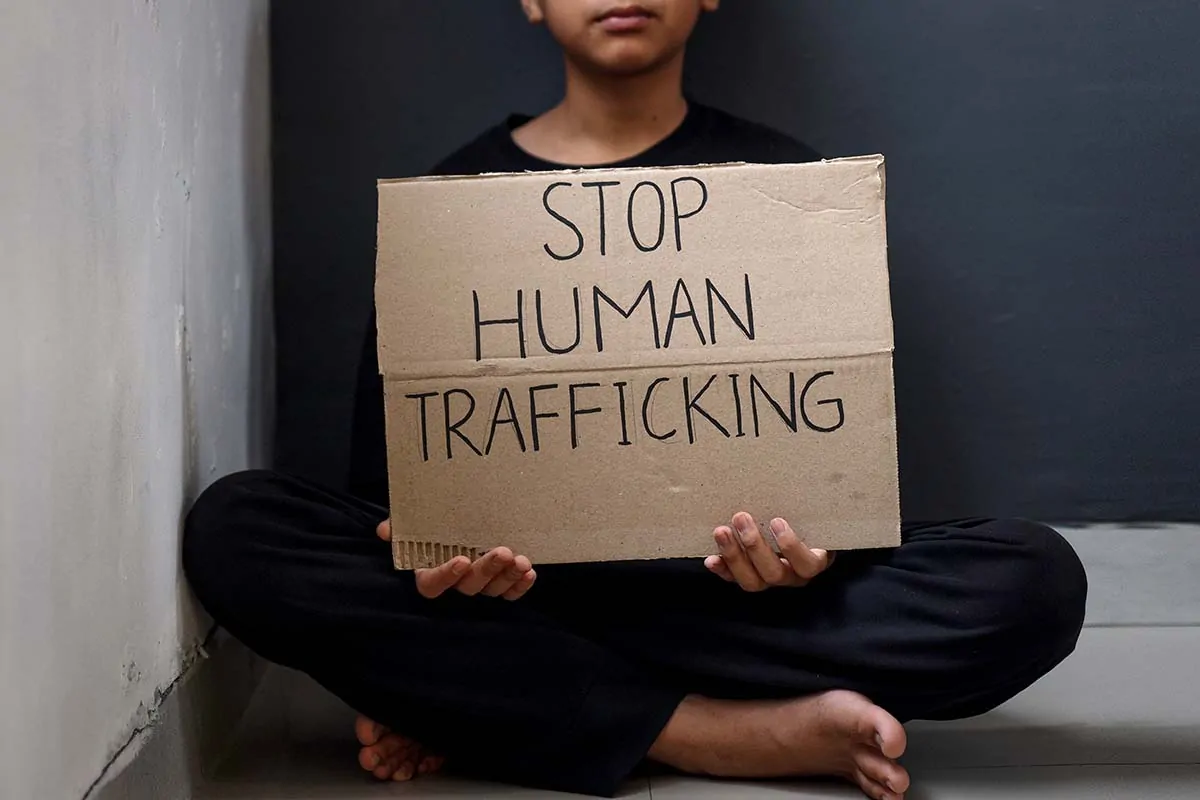Human trafficking, a grave violation of human rights, casts a long shadow over various sectors, with the hospitality industry, particularly hotels, standing out as an unintended facilitator of this heinous crime. This article delves into the complex interplay between human trafficking and hotels, examining the legal, technological, and ethical dimensions that contribute to this pressing issue. For more details, visit Guest Ban.
The Legal Landscape: High-Profile Lawsuits
Recent years have seen a notable rise in legal actions against major hotel chains, with companies like Wyndham Hotels & Resorts and Marriott International facing lawsuits over alleged sex trafficking activities on their premises. These cases underscore the legal and moral obligations of hotels to prevent their exploitation by traffickers.
The Role of Hotels in Trafficking Networks
Hotels, offering privacy and anonymity, have become attractive venues for traffickers to exploit vulnerable individuals. This section explores how hotels, often unknowingly, become part of trafficking networks and the steps the industry can take to mitigate these risks.
Digital Keys: A Double-Edged Sword
 The advent of digital keys and guest engagement technologies in hotels has revolutionized the guest experience, offering unparalleled convenience and efficiency. However, these innovations also present new challenges in the fight against human trafficking by reducing staff-guest interactions.
The advent of digital keys and guest engagement technologies in hotels has revolutionized the guest experience, offering unparalleled convenience and efficiency. However, these innovations also present new challenges in the fight against human trafficking by reducing staff-guest interactions.
Comprehensive Statistics and Numbers
To grasp the magnitude of human trafficking within the hospitality industry, it’s essential to consider the broader context of global trafficking. Approximately 24.9 million people worldwide are ensnared in this criminal industry, highlighting the urgent need for concerted efforts to combat trafficking across all sectors, including hotels.
Innovative Solutions: ID Scanning at Check-In
In response to the challenges posed by digital keys and the anonymity they afford, technologies like Guestban.com’s ID scanning offer a promising solution. By enhancing guest verification processes, ID scanning can significantly reduce the anonymity that traffickers rely on, making hotels less attractive as venues for trafficking.
Efforts to Combat Trafficking in the Hospitality Sector
Recognizing the critical role of hotel staff in identifying and preventing trafficking, the industry has seen the implementation of various initiatives aimed at raising awareness and equipping employees with the necessary tools to recognize and respond to trafficking indicators.

Challenges and Limitations
Despite these efforts, significant challenges remain in the battle against human trafficking in hotels. This section acknowledges these challenges and explores potential strategies for overcoming them.The intersection of human trafficking and the hospitality industry presents a complex challenge that requires a multifaceted approach. As the industry moves forward, it must continue to prioritize the safety and well-being of its guests and the broader community, ensuring that hotels remain places of refuge and not exploitation.

